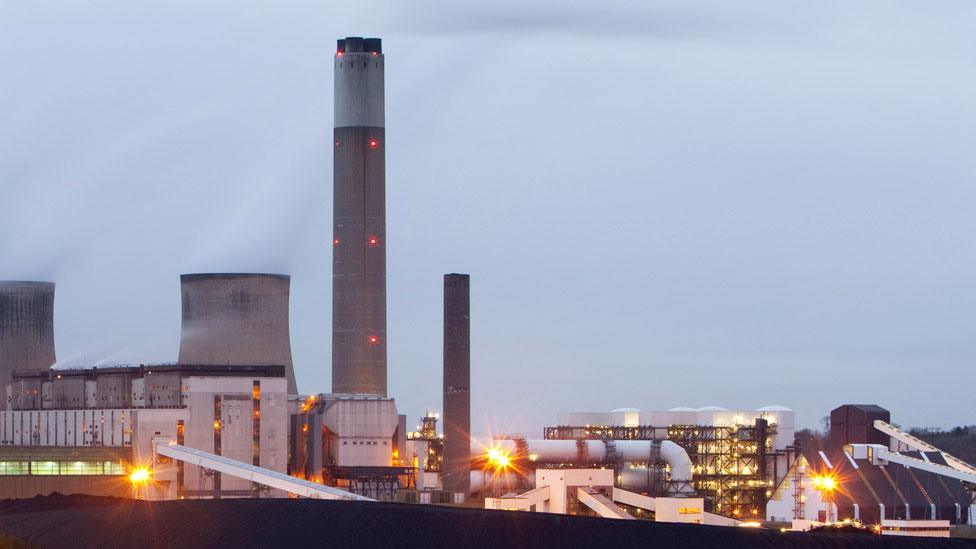Cooking oil to power bin lorries in bid to cut CO2

Runnymede Borough Council will power its fleet of vehicles using cooking oil and waste fat
- Published
A Surrey council is set to use cooking oil and waste fat to power its fleet of nearly 80 vehicles, in an effort to tackle climate change.
Hydrotreated vegetable oil (HVO) will soon power Runnymede Borough Council’s (RBC) bin lorries, minibuses, vans, street sweepers and other vehicles.
The authority says it hopes that switching from diesel to HVO in the coming months will cut its carbon dioxide emissions by about 650 tonnes each year.
It is part of a strategy to reduce the council’s carbon emissions to net zero by 2030.
Councillor David Coen, chairman of the council’s environment and sustainability committee, said: “It is great to know that in the coming months our fleet will continue to provide the same high level of service whilst producing less harmful pollution into the environment and people’s lungs.”
In another effort to reduce carbon dioxide emissions, the authority has installed solar panels on its social centres and planted 2,250 trees since 2019.
All of its meal delivery vehicles are now powered by electric motors.
Follow BBC Surrey on Facebook, external, and on X, external. Send your story ideas to southeasttoday@bbc.co.uk, external or WhatsApp us on 08081 002250.
Related topics
Related stories
- Published16 February 2024

- Published11 December 2023
